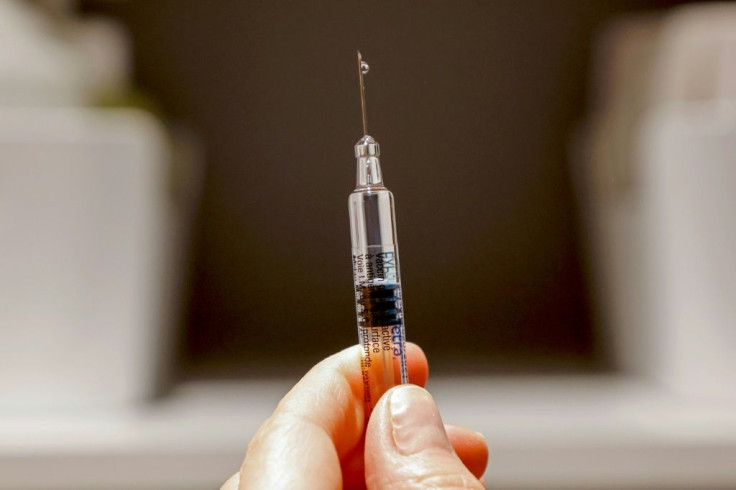Is Road to Vaccine Approval Getting Longer?

During the week of November 2, AstraZeneca delivered some disappointing news to legislators in the UK: its COVID-19 vaccine, developed along with the UK's Oxford University, would not be available for use by the winter holidays.
Andrew Pollard, PhD, head of the University of Oxford and AstraZeneca vaccine trials, told members of the Science and Technology Committee and Health and Social Care Committee that a vaccine might not be ready until after Christmas. Dr. Pollard explained that while a vaccine could be finished before the end of the year, that would not be the same thing as being deployed. Before that could happen, regulators need to review and approve the team's work, "We absolutely need that to happen so that there's very careful scrutiny of everything that's been done in the clinical trials," Dr. Pollard said. After that, assuming all is well, Dr. Pollard said the final step would be policymakers choosing how to allocated the vaccine.
Dr. Pollard said there are many steps before deployment can happen. Before that, regulators would need to assess and approve the team's work. "We absolutely need that to happen so that there's very careful scrutiny of everything that's been done in the clinical trials." After that, assuming all is well, Dr. Pollard said the final step would be policymakers choosing how to allocate the vaccine.
Dr. Pollard mentioned that other vaccine candidates might be approved and available before the Oxford/AstraZeneca vaccine. "To have [a] supply of vaccines for 7 billion people potentially really needs lots of success for all the developers," he said.
While the FDA has set a goal of 50% effectiveness, Dr. Pollard explained that if a vaccine were less effective, say 40%, it could still be useful. He explained that the decision would come down to policymakers. Of the possible vaccines, Dr. Pollard said, "We do need to be thinking about how we would handle vaccines which were less effective."
The FDA has made it easier for vaccine deployment, as it has eliminated a pre-approval inspection of the manufacturing facilities as well as the public comment period. A pre-approval inspection shows that the plant can safely produce its product and that on-the-ground manufacturing matches up with the plans the company submitted, according to the FDA. While there has been criticism of the FDA's move, let alone the global lack of faith in political leadership, the FDA has said that even under normal circumstances, the FDA does not require a pre-approval inspection, according to Jerry Weir, PhD. Dr. Weir is the director of the Division of Viral Products at the FDA. He spoke last week in a meeting about the vaccine. Countered one attendee: "It would provide some additional trust into the process.”
“People may forgive the failure of a vaccine because of the intense difficulty of preventing Covid-19 infections,” wrote William Haseltine, Ph.D. in Forbes. “They will not forgive a vaccine that endangers their life because of manufacturing errors,” he said. Haseltine is a contributor to Forbes and a past professor at both Harvard Medical School and their School of Public Health.
One reason cited by AZ -- and even Pfizer in its delayed results of its vaccine -- is ironic to say the least, and emblematic of the off the chart's events of 2020.
The reason cited by AZ and Pfizer, which also had to revise its vaccine approval timeline, is that the pandemic slowed during the summer; there weren't enough infected people in their large phase 3 trials. Without the requisite number needed to test the vaccine's effectiveness against a placebo, the researchers needed to wait. In a guidance document released recently by the FDA, it will not grant an emergency use application unless it has a minimum of two months of safety data, accrued after the final vaccine dose has been given, to review.
Sabrina Emms is a science journalist who has worked as a researcher, looking at the way bones are formed.
With additional reporting by Christine Bahls
Published by Medicaldaily.com



























